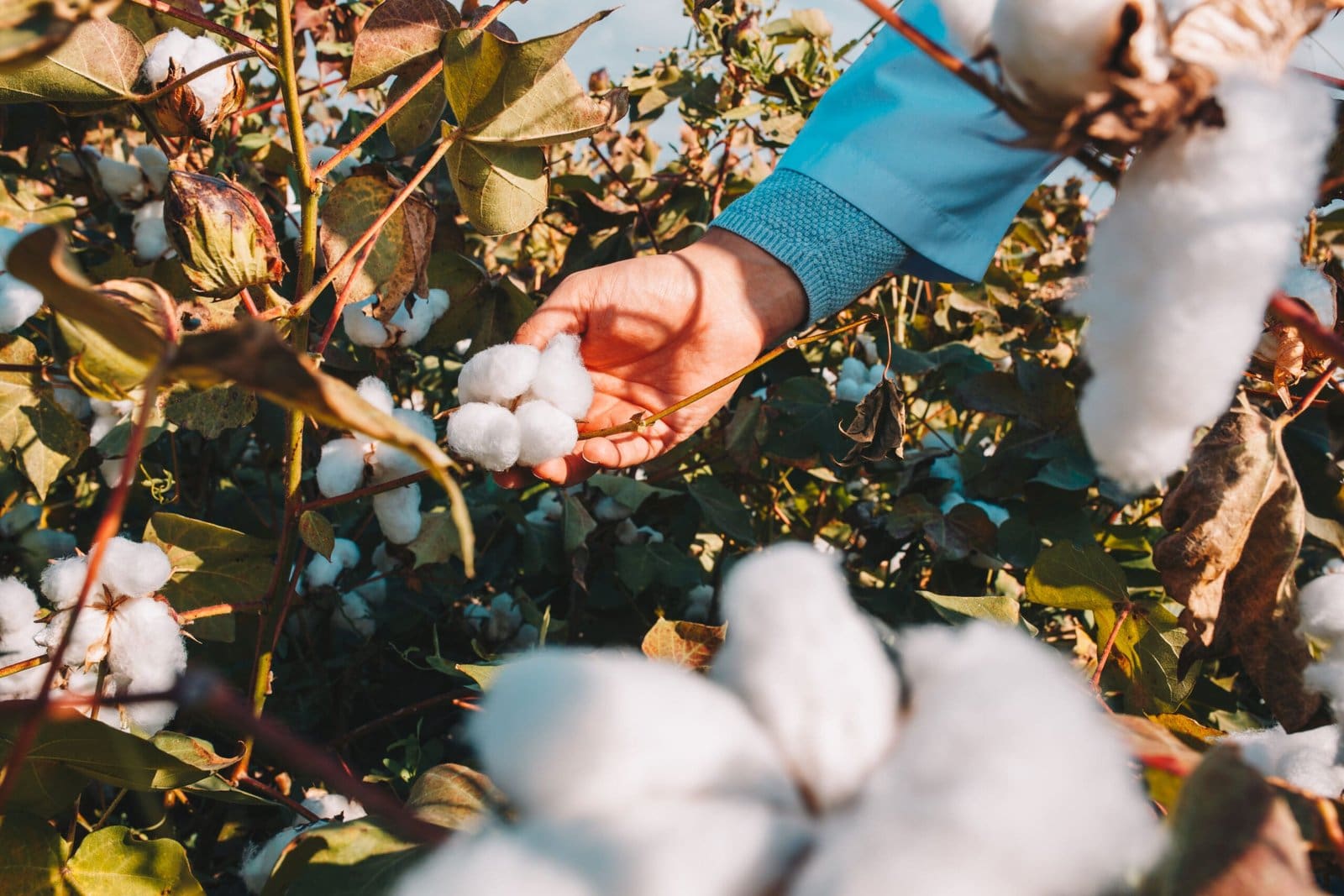World’s leading apparel brand Zara’s parent company Inditex will support more than 2,000 Indian farmers producing organic cotton.
For this cause, the apparel giant has joined forces with Asia-based bank, DBS Bank, to supply finance to farmers.
Under this pilot programme, DBS will work with the local network of Farmer Producer Organisations (FPOs) to evaluate the financing needs of farmers in Inditex’s supply chain.
FPOs are agricultural cooperatives that aim to expand small and marginal farmers’ access to better technology, credit and more markets.
This programme will see finance supplied to the FPOs in order to more efficiently procure organic cotton from farmers, thus allowing the farmers greater cash flow visibility and the ability to plan and grow their sustainability practices.
With growing focus on climate risks and social inequality, the global cotton industry offers huge opportunity to invest for positive impact said Terence Yong, Group Head of Western Multinational Corporations, DBS Bank.
“Globally, our clients are increasingly mindful of looking for ways to add societal and environmental value through their business decisions, with many taking the leap to digitalise their supply chains to enhance transparency and traceability of transactions made,” he said.
“The pilot programme forms an integral part of DBS India’s larger plan to build its Priority Sector Lending business. Priority Sector covers under-banked sectors which the Reserve Bank of India considers important for the overall development of the economy – including agriculture; small businesses; affordable housing; education and renewable energy,” said Arvind Sharma, Head of Priority Sector Lending, DBS Bank.
It is worth mentioning here that India’s organic cotton industry is made up of close to 170,000 farmers scattered across multiple states, the majority of whom are small-scale growers with limited resources to invest in sustainable farming practices.
Organic cotton comprises only around 2 per cent of the total amount of cotton produced in India, despite the country being the largest cotton producer in the world.
Worldwide, organic cotton only accounts for about 1 per cent of cotton used in apparel, and though it’s known to use more than 90 per cent less water, eliminate water pollution from chemicals and pesticides and produces less greenhouse gas emissions than mainstream cotton production, questions remain about its sustainability when farmed at scale.

